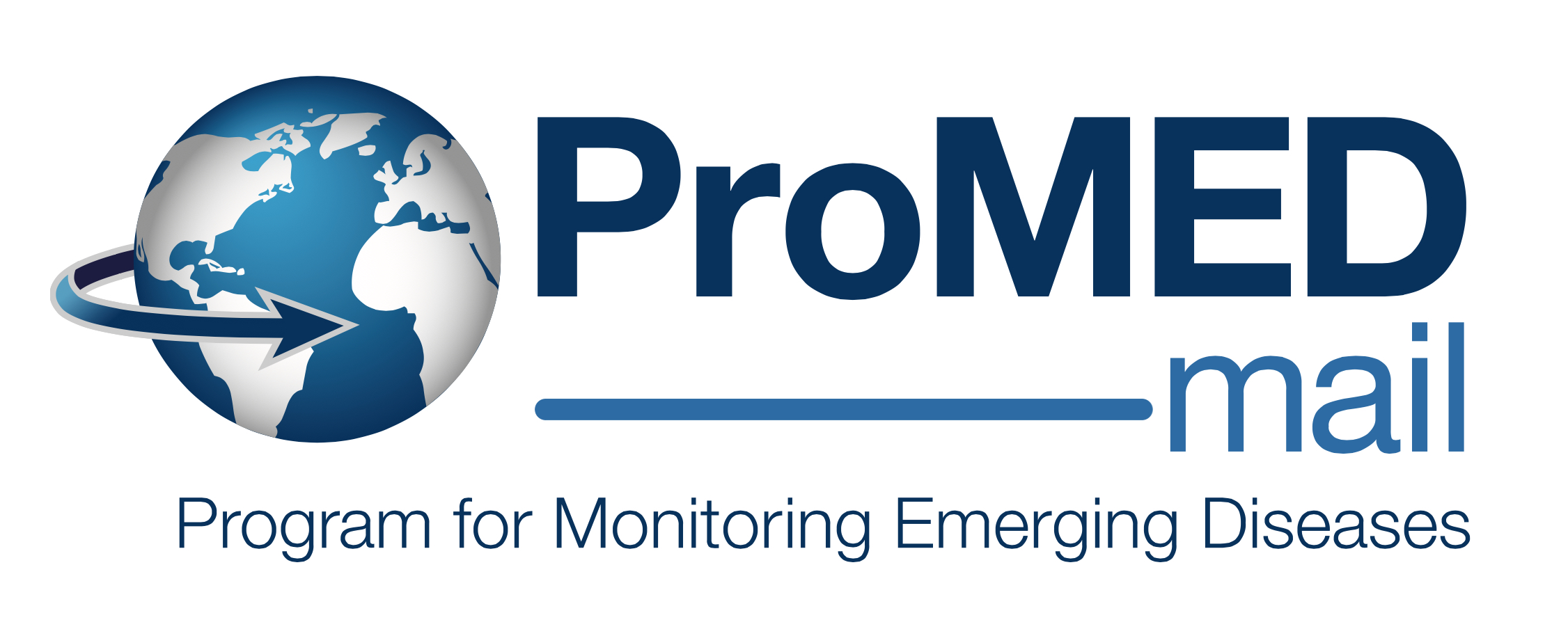|
Infection Control Society Of Pakistan
The Infection Control Society of Pakistan (ICSP) is a non-profit national organisation in Pakistan, representing specialist practitioners in infection control. The body consists of a network of health care professionals, Social scientists, financial advisors, opinion leaders and international experts and has conducted research and studies for control and prevention of infectious diseases in the country. The body is an affiliated member of the International Federation of Infection Control (IFIC), International Society for Infectious Diseases, based in the United States and the Global Health Council The Global Health Council is a United States-based non-profit leading networking organization "supporting and connecting advocates, implementers and stakeholders around global health priorities worldwide". The Council is the world's largest membe ... based in Washington D.C.. It is headed by its president Rafiq Khanani. References Infectious disease organizations Medical and h ... [...More Info...] [...Related Items...] OR: [Wikipedia] [Google] [Baidu] |
Pakistan
Pakistan ( ur, ), officially the Islamic Republic of Pakistan ( ur, , label=none), is a country in South Asia. It is the world's List of countries and dependencies by population, fifth-most populous country, with a population of almost 243 million people, and has the world's Islam by country#Countries, second-largest Muslim population just behind Indonesia. Pakistan is the List of countries and dependencies by area, 33rd-largest country in the world by area and 2nd largest in South Asia, spanning . It has a coastline along the Arabian Sea and Gulf of Oman in the south, and is bordered by India to India–Pakistan border, the east, Afghanistan to Durand Line, the west, Iran to Iran–Pakistan border, the southwest, and China to China–Pakistan border, the northeast. It is separated narrowly from Tajikistan by Afghanistan's Wakhan Corridor in the north, and also shares a maritime border with Oman. Islamabad is the nation's capital, while Karachi is its largest city and fina ... [...More Info...] [...Related Items...] OR: [Wikipedia] [Google] [Baidu] |
Infection Control
Infection prevention and control is the discipline concerned with preventing healthcare-associated infections; a practical rather than academic sub-discipline of epidemiology. In Northern Europe, infection prevention and control is expanded from healthcare into a component in public health, known as "infection protection" (''smittevern, smittskydd, Infektionsschutz'' in the local languages). It is an essential part of the infrastructure of health care. Infection control and hospital epidemiology are akin to public health practice, practiced within the confines of a particular health-care delivery system rather than directed at society as a whole. Infection control addresses factors related to the spread of infections within the healthcare setting, whether among patients, from patients to staff, from staff to patients, or among staff. This includes preventive measures such as hand washing, cleaning, disinfecting, sterilizing, and vaccinating. Other aspects include surveillance, ... [...More Info...] [...Related Items...] OR: [Wikipedia] [Google] [Baidu] |
International Society For Infectious Diseases
The International Society for Infectious Diseases (ISID), established in 1986, is a nonprofit organization that monitors infectious diseases on a global scale. It also offers grants and fellowships, publishes a journal, and runs online learning platforms for sharing information on managing infectious diseases. It is based in Brookline, Massachusetts, USA. The organization solicits donations from the general public, as well as governments, foundations, and the pharmaceutical industry. Work Society recognizes the evolving nature of infectious diseases and their ability to cross regional and national boundaries. Through training and educational opportunities for healthcare professionals, society works to overcome these obstacles to improve health on a global scale. ISID seeks to establish lasting partnerships with all manner of health-related disciplines to develop innovative methods for infectious disease control. With programs such as ProMED-mail, the International Congress on Inf ... [...More Info...] [...Related Items...] OR: [Wikipedia] [Google] [Baidu] |
Global Health Council
The Global Health Council is a United States-based non-profit leading networking organization "supporting and connecting advocates, implementers and stakeholders around global health priorities worldwide". The Council is the world's largest membership alliance dedicated to advancing policies and programs that improve health around the world. The Council serves and represents thousands of public health professionals from over 150 countries. They work "to improve health globally through increased investment, robust policies and the power of the collective voice.": According to their website the Council "convenes stakeholders around key global health priorities and actively engages key decision makers to influence health policy." After shutting its doors in 2012, GHC re-opened with a newly elected board of directors on January 1, 2013. In their new model, the Global Health Council works in three main areas: policy and advocacy, member engagement, and connections and coordination. Ref ... [...More Info...] [...Related Items...] OR: [Wikipedia] [Google] [Baidu] |
Infectious Disease Organizations
An infection is the invasion of tissues by pathogens, their multiplication, and the reaction of host tissues to the infectious agent and the toxins they produce. An infectious disease, also known as a transmissible disease or communicable disease, is an illness resulting from an infection. Infections can be caused by a wide range of pathogens, most prominently bacteria and viruses. Hosts can fight infections using their immune system. Mammalian hosts react to infections with an innate response, often involving inflammation, followed by an adaptive response. Specific medications used to treat infections include antibiotics, antivirals, antifungals, antiprotozoals, and antihelminthics. Infectious diseases resulted in 9.2 million deaths in 2013 (about 17% of all deaths). The branch of medicine that focuses on infections is referred to as infectious disease. Types Infections are caused by infectious agents (pathogens) including: * Bacteria (e.g. ''Mycobacterium tuberculosis'', ' ... [...More Info...] [...Related Items...] OR: [Wikipedia] [Google] [Baidu] |


